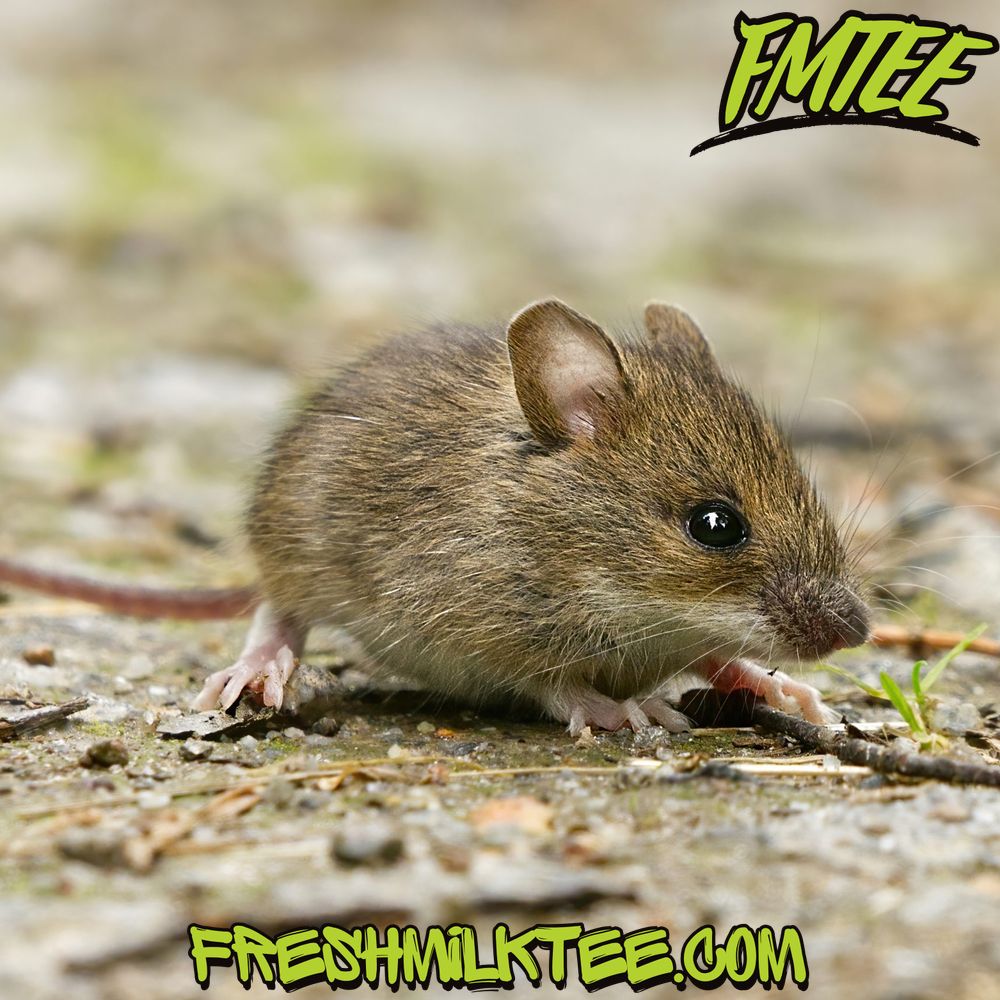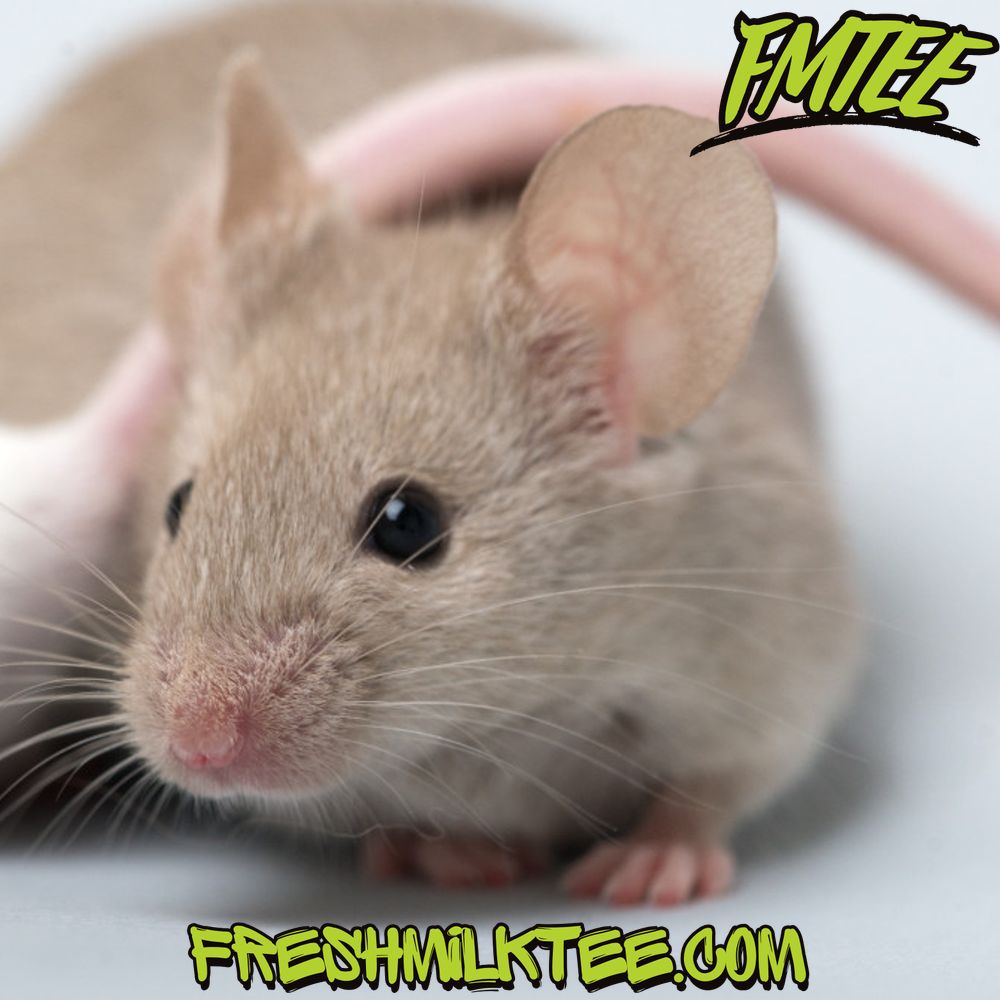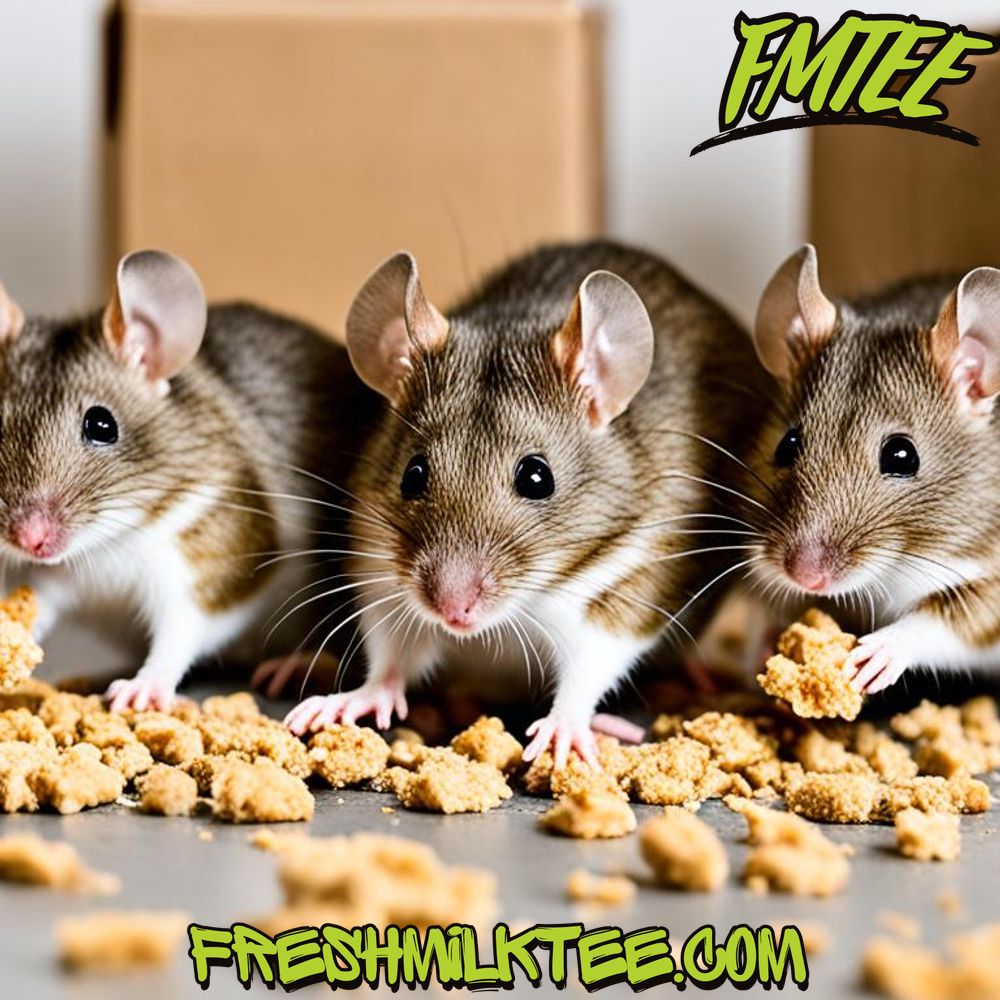Blog
What scents do mice hate?
Introduction: Understanding Mice’s Dislike for Certain Scents
Mice are not just unwelcome guests in our homes; they can also bring diseases, contaminate food, and cause significant damage to property. One of the most effective ways to prevent a mouse infestation is by using scents that these rodents naturally avoid. This article delves into why certain scents are deterring to mice and how you can use these to keep them at bay.
Why Mice Hate Certain Scents
Mice, like many animals, rely heavily on their sense of smell to navigate their environment. They use it to detect food, find mates, and avoid danger. However, certain smells confuse or repel them, making it an effective strategy for pest control.
The key to using scents as a deterrent is understanding how they affect a mouse’s olfactory system. For instance, strong odors mask the scents of food or shelter, making it difficult for the mouse to locate resources. In some cases, these scents trigger discomfort, making the area seem unsafe.
Top Scents That Mice Hate
1. Essential Oils That Repel Mice
Essential oils are a natural and effective method for repelling mice. Several oils can deter mice by overwhelming their senses or creating a hostile environment they want to avoid.
- Peppermint Oil
Peppermint oil is widely considered one of the best essential oils for repelling mice. The strong, minty smell is unpleasant to mice and disrupts their ability to detect food and other scents. - Eucalyptus Oil
Eucalyptus oil is another essential oil that mice find unbearable. The strong aroma masks other scents in the area, disrupting the mouse’s navigation and discouraging them from settling. - Citronella Oil
Known for its ability to repel insects, citronella is also effective against mice. The sharp scent disorients mice, driving them out of their hiding places and preventing them from entering your home.
2. Strong Smells Mice Can’t Stand
In addition to essential oils, several other strong smells can deter mice effectively. These include household items that you likely already have on hand.
- Vinegar
The sharp, acidic smell of vinegar is unpleasant to mice. It can be used as a cleaner or sprayed in areas where mice are likely to enter. - Garlic
Garlic is another powerful scent that mice dislike. Its pungent odor can overwhelm their senses, making it an effective natural repellent when placed near entry points. - Hot Peppers (Capsaicin-based Scents)
Mice can’t tolerate the heat from capsaicin, the compound found in hot peppers. Sprinkling crushed pepper flakes or using capsaicin-based sprays can discourage mice from entering an area.

How to Use Scents to Keep Mice Away
1. Natural Mouse Repellents Using Scents
You don’t need to rely on toxic chemicals to keep mice away. There are many natural options available that use the scents discussed above.
- DIY Mouse Repellent Spray
Create your own natural mouse repellent by mixing peppermint oil with water in a spray bottle. Apply this solution around your home’s perimeter, especially near doorways and windows. - Essential Oil Soaked Cotton Balls
Place cotton balls soaked in peppermint, eucalyptus, or citronella oil around your home. Mice dislike the strong scents, and it will encourage them to move elsewhere. - Vinegar-Based Repellent
Mix equal parts of vinegar and water in a spray bottle. Spray it in areas where mice might enter or in places where you’ve seen evidence of mouse activity.
2. Mice Deterrent Scents for Home and Office
Using scents effectively requires strategic placement and consistency. Here’s how to use them in various settings:
- Home
Place scent-based deterrents near food storage areas, pet food bowls, and entry points such as doors and windows. Mice are most likely to enter through these vulnerable spots. - Office
For offices, scent-based repellents can be used in filing cabinets, kitchen areas, or any storage rooms where food might attract mice. Keep in mind that scent intensity should not overwhelm the workspace.

The Effectiveness of Scents as Mice Deterrents
1. Do Mice Really Avoid These Scents?
There is scientific evidence supporting the use of scents to repel mice. Studies have shown that strong odors can disorient mice and reduce their chances of locating food and shelter. However, it’s important to note that while scents can deter mice, they might not eliminate an infestation completely. They work best when combined with other preventative measures like sealing entry points and keeping food properly stored.
2. Other Mouse Control Methods to Consider
Scents are just one tool in a comprehensive mouse control strategy. To maximize their effectiveness, combine them with:
- Sealing Entry Points
Block holes, cracks, or gaps around doors, windows, and pipes. This prevents mice from entering your home in the first place. - Traps and Baits
While scents can deter mice, traps and baits are necessary for dealing with an existing infestation.
Conclusion: Using Scents to Prevent Mice Infestation
Final Thoughts on Using Scents to Repel Mice
Using scents as a deterrent is a simple, natural, and effective way to keep mice away. While it may not be a foolproof solution on its own, when combined with other mouse control strategies, scents can significantly reduce the chances of a mouse infestation. The key is consistency and using a variety of scents to target different aspects of mouse behavior.

Frequently Asked Questions
1. Can mice really be repelled by peppermint oil?
Yes, peppermint oil is one of the most effective essential oils for repelling mice. The strong, minty smell is overwhelming to them, and it can disrupt their ability to find food.
2. How often should I apply the scent repellents?
For optimal effectiveness, reapply scent-based repellents every few days, especially if they’re exposed to weather conditions or high humidity.
3. Do mice avoid garlic and vinegar?
Yes, mice dislike both garlic and vinegar due to their strong, pungent odors. Using these ingredients in strategic areas can help deter mice from entering your home.
4. Can I use these scents in combination with traps?
Absolutely! Using scents in combination with traps can create a multifaceted approach to mouse control, addressing both prevention and removal.

